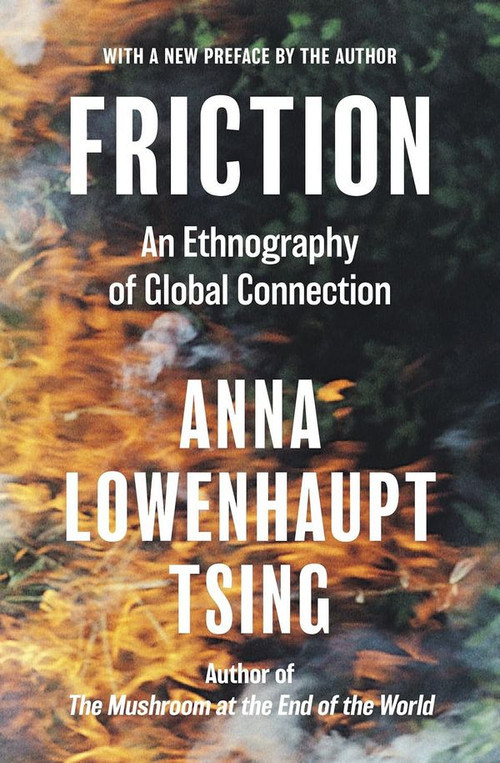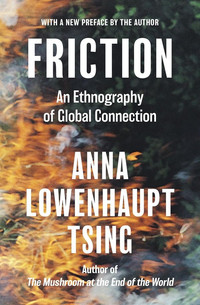Tsing focuses on the rainforests of Indonesia, where in the 1980s and 1990s capitalist interests increasingly reshaped the landscape not so much through corporate design as through awkward chains of legal and illegal entrepreneurs that wrested the land from previous claimants, creating resources for distant markets. In response, environmental movements arose to defend the rainforests and the communities of people who live in them. Not confined to a village, province, or nation, the social drama of the Indonesian rainforests includes local and national environmentalists, international science, North American investors, advocates for Brazilian rubber tappers, United Nations funding agencies, mountaineers, village elders, and urban students—all drawn into unpredictable, messy misunderstandings, but misunderstandings that sometimes work out.
Providing an invaluable portfolio of methods for the study of global interconnections, Friction shows how cultural differences are in the grip of worldly encounter and reveals how much is overlooked in contemporary theories of the global.


